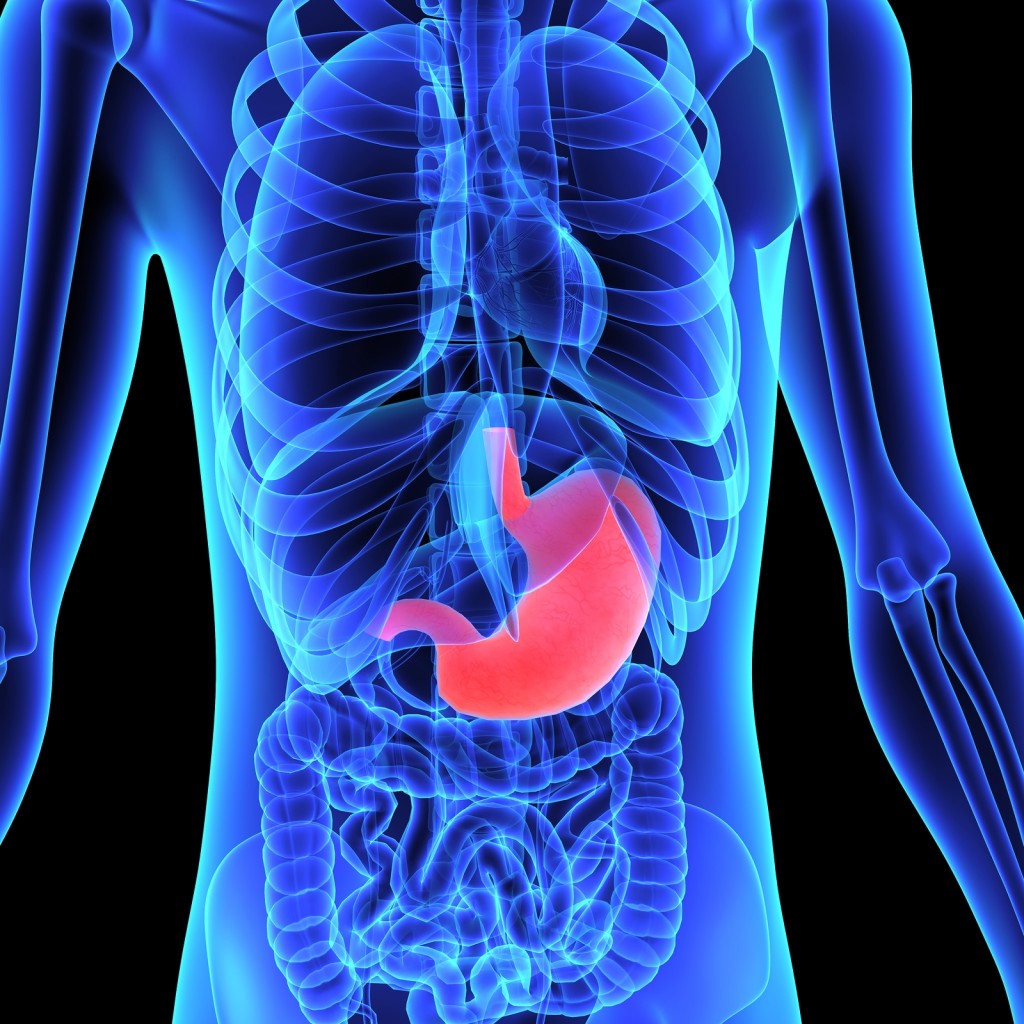- Make It Yourself Lavender Heart-Shaped Bath Bombs!
- 20 Things You Never Knew About “Down There”
- 12 Best Foods For Those Suffering From Arthritis Pain
- 12 Personal Hygiene Mistakes Almost Everyone Makes (Mom Never Told You About #4!)
- 15 Medicinal Plants And Herbs From The Cherokee People
- 12 Mind-Blowing Benefits Of Drinking Coconut Water During Pregnancy
- 12 Outstanding Winter Foods That Won’t Fatten You Up Like A Christmas Turkey
Top 6 Reasons Why You Have Digestive Issues And How To Fix Them

Photo credit: bigstock.com
Doesn’t it seem as if almost everyone you know has some type of digestive problem? IBS, celiac disease, Crohn’s disease or one of the other dozens of digestive problems that are a result of our poor diets? This has made the food industry rich as they not only sell us the foods that are making us sick, but then they sell us the “free” foods- you know- sugar free, lactose free, fat free, gluten free, etc.
Why is it that those who suffer from digestive problems must live on these very strict diets or suffer with the consequences of their problem? Why is there no cure? Why is there very little done to even limit their suffering?
Because this is big business, friends. It all comes down to money.
Let’s take a look at the top 6 reasons why your digestive system does not work properly and how you can correct this so that you can live a normal life once more.
1. Gut Flora Imbalance
Perhaps one of the main reasons behind the inability of many people to digest food is because their digestive tract has a terrible imbalance in their overall gut bacteria. The perfect ratio is about 85 percent good bacteria and 15 percent of the bad bacteria. When this ratio is achieved, the good bacteria are able to do their jobs and allow for the proper digestion of fiber, starches and sugar. However, a lifetime of bad eating habits and antibiotic use has upset most people’s bacteria balance so that it is just the opposite of what is listed above. You can correct this by consuming plenty of probiotics such as yogurt and fermented foods (such as pickles and sauerkraut), black walnuts, and green leafy vegetables such as spinach and kale.
2. Stress
In case you are not aware of it, stress plays a huge role in the health of our digestive system. One bad day at work will let you know what stress is doing to your body once you start feeling heartburn, indigestion, stomach cramps, and diarrhea. When the brain experiences stress, it releases hormones that cause changes to our digestive system. Prolonged stress causes chronic heartburn and diseases such as IBS (irritable bowel syndrome). Stress causes the inflammation of the gastrointestinal tract and makes you much more likely to get an infection. Learn ways to lessen your stress load and to manage the stress you cannot change through mediation, yoga, deep breathing, and exercise. You can also keep stress in check through acts of gratitude, grounding, consuming chamomile, kefir, and medicinal mushrooms. Others find that nightly “herbal supplements” with cannabis help to keep their stress levels in check.
3. Heavy Metal Toxicity
Our environments are loaded with heavy metals, which we take into our bodies via air, water, and food. Heavy metals such as nickel, mercury, aluminum, arsenic, lead, and cadmium have a serious effect on our gastrointestinal systems. Consume foods that are rich in pectin, such as apples, since pectin binds to heavy metals and removes them from the body. Cilantro is also another natural detoxifying agent, as is chlorophyll rich foods. You should practice detox methods at least twice each year to remove heavy metals from the body.
Continue to Page 2

Photo credit: bigstock.com
4. Enzyme Deficiency
Your body needs to produce a sufficient amount of enzymes in order for the digestive tract to work properly and there are many factors that can affect your body’s production of enzymes. Air pollution, lack of sleep, stress, an unhealthy diet, and more can all contribute. Enzyme deficiency results in very poor digestion, poor absorption of nutrients, and a wide variety of gastrointestinal problems such as cramps, heartburn, bloating, and constipation. To maintain healthy enzyme levels, eat more raw vegetables or drink a variety of vegetable juices each day.
5. Pathogens
In addition to a lack of enzymes and an improper gut flora, pathogens and parasites are sometimes to blame for our digestive issues. Your doctor can check to see if you are infected with the H. Pylori bacteria, which is one of the main causes of ulcers and stomach cancer. They can also test you for internal parasites. You can treat most ulcers and other pathogens with lots of fresh, raw, organic garlic. Papaya seeds are also a great way to naturally kill internal parasites.
6. Magnesium Deficiency
Your body needs magnesium for hundreds of processes including digestion. Researchers once believed that magnesium was needed for as many as 325 different enzymatic processes in the body but more recently, that number has been increased to 800! This makes magnesium one of the most important minerals when it comes to your overall digestive process. A deficiency in this mineral causes your entire digestive track to slow down and become lethargic, which leads to constipation and cramps. Without magnesium, your body simply cannot digest foods properly as this mineral is responsible for activating the enzymes that break down food. It also produces and transports energy during the digestion process. Most people do not get enough magnesium in their diets. Eat plenty of magnesium rich foods including dried fruits, dark green leafy veggies, beans, lentils, bananas, whole grains, seeds, and nuts. The body has a difficult time absorbing magnesium from supplements and these supplements can also interfere with certain medications, so speak with your doctor before you consume a supplement. You can also get magnesium by soaking in a tub with 2 cups of Epsom salt, which is not really a salt but is actually magnesium flakes. Soak for 30 minutes at a time at least twice per week for best results.
READ ALSO: 12 Natural Ways To Treat Digestive Problems (Who Doesn’t Love #9?!)
Sometimes digestive issues are not so much a problem with our body itself, but a problem with our diet and the environment we live in today. Taking care of your body and taking the time to give your body what it needs is one simple step towards giving yourself the natural gift of a properly working digestive system.
References:
































